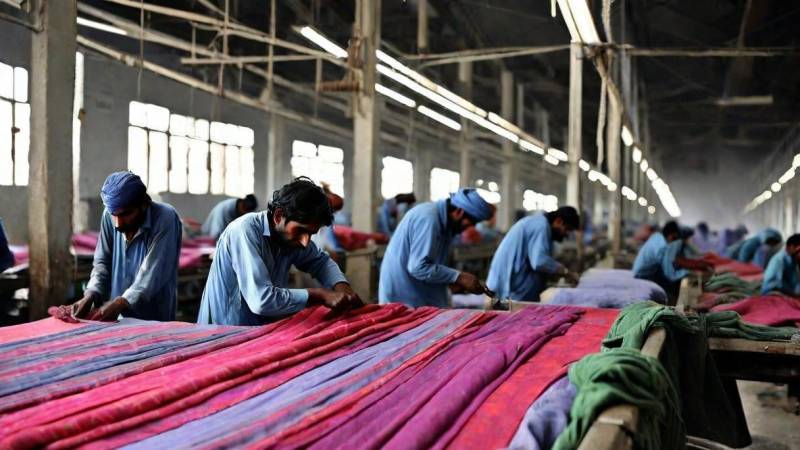
Pakistan’s working class is under siege. The government’s so-called “rightsizing” policy has wiped out 11,877 jobs, deepening an already dire unemployment crisis. Under the pretext of economic reform, the state is dismantling institutions, terminating employees, and pushing thousands into poverty. Is this really about efficiency, or is it a deliberate assault on labor rights?
After years of economic hardship, the current regime seems fixated on achieving macroeconomic stability at any cost. But at whose expense? Privatisation and corporate farming—policies dictated by international financial institutions—have become the government’s go-to solutions. State assets are being handed over to corporate elites, not to improve efficiency, but to serve vested interests. Public institutions like Pakistan Steel Mills, PIA, and WAPDA are being sold off while the workers who built them are cast aside.
The justification? These institutions collapsed due to labor unions. But was it the workers who brought them down? The real culprits—corruption, political interference, and bureaucratic incompetence—continue to thrive. Yet, it is the workers, not the decision-makers, who are being punished. Over 5,000 low-grade government positions have been slashed, hitting the most vulnerable the hardest. Meanwhile, top bureaucrats and technocrats continue to enjoy inflated salaries, bonuses, and perks. Privatisation doesn’t solve this—it simply replaces public-sector corruption with corporate greed.
While bureaucrats and politicians secure financial stability for themselves, the government is stripping pension rights from ordinary workers, leaving them to fend for themselves after a lifetime of service
The so-called “restructuring” of state institutions is little more than a smokescreen for economic exploitation. And now, the Uniform Labour Code 2024 threatens to make matters even worse. Marketed as reform, it is in fact designed to dismantle labor protections. By dissolving trade unions, enforcing contract-based employment, and shifting hiring to third-party agencies, the government is institutionalising worker exploitation. Where does this leave employees? With no job security, no collective bargaining power, and no path to permanent employment. Can this truly be called reform? Or is it simply economic subjugation?
Nowhere is this injustice clearer than in NADRA, where workers have spent decades on insecure contracts, denied pensions, salaries, and basic rights. Despite their critical role in strengthening Pakistan’s national database system, they remain disposable in the eyes of the state. When Raza Khan Swati, a NADRA union leader, spoke out against corruption and labor exploitation, he was dismissed under flimsy pretexts. What was his real crime? Daring to speak the truth.
The attack on pensions is yet another betrayal. While bureaucrats and politicians secure financial stability for themselves, the government is stripping pension rights from ordinary workers, leaving them to fend for themselves after a lifetime of service. Contract work is becoming the new norm—keeping employees in a permanent state of insecurity, underpaid, and unprotected.
This is not just an economic crisis; it is class warfare. The working class is being systematically crushed while the elite grows wealthier. If this continues, how many more will be left jobless, homeless, and without hope?
The only way forward is resistance. Workers must unite against forced downsizing, Privatisation, and anti-labor laws like the Uniform Labour Code. They must demand job security, fair wages, and pension protections. Journalist unions such as PFUJ and KUJ are already protesting PECA, but the struggle must go beyond media repression—it must become a nationwide movement for labor rights.
If the state refuses to protect its workers, then workers must protect themselves.

